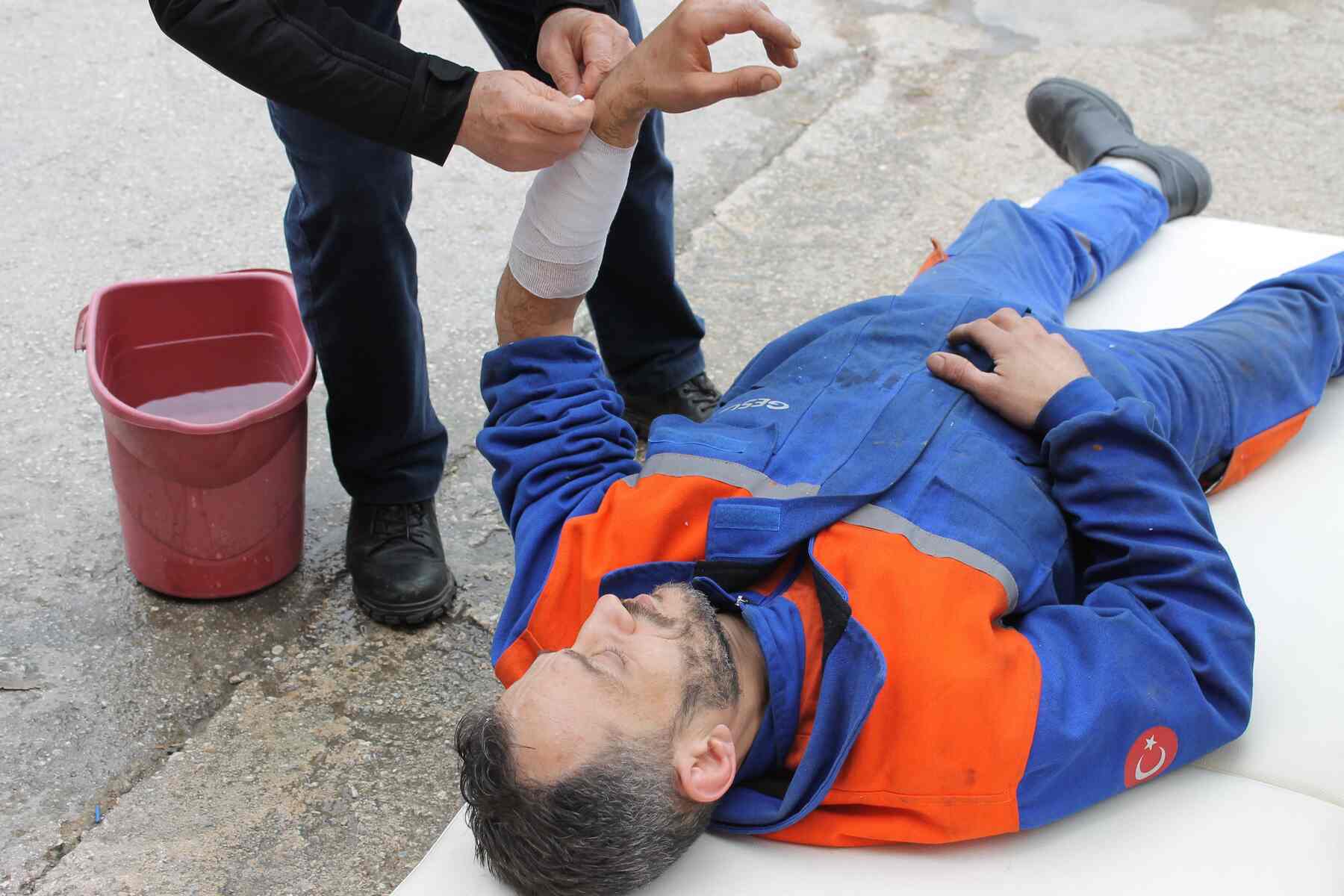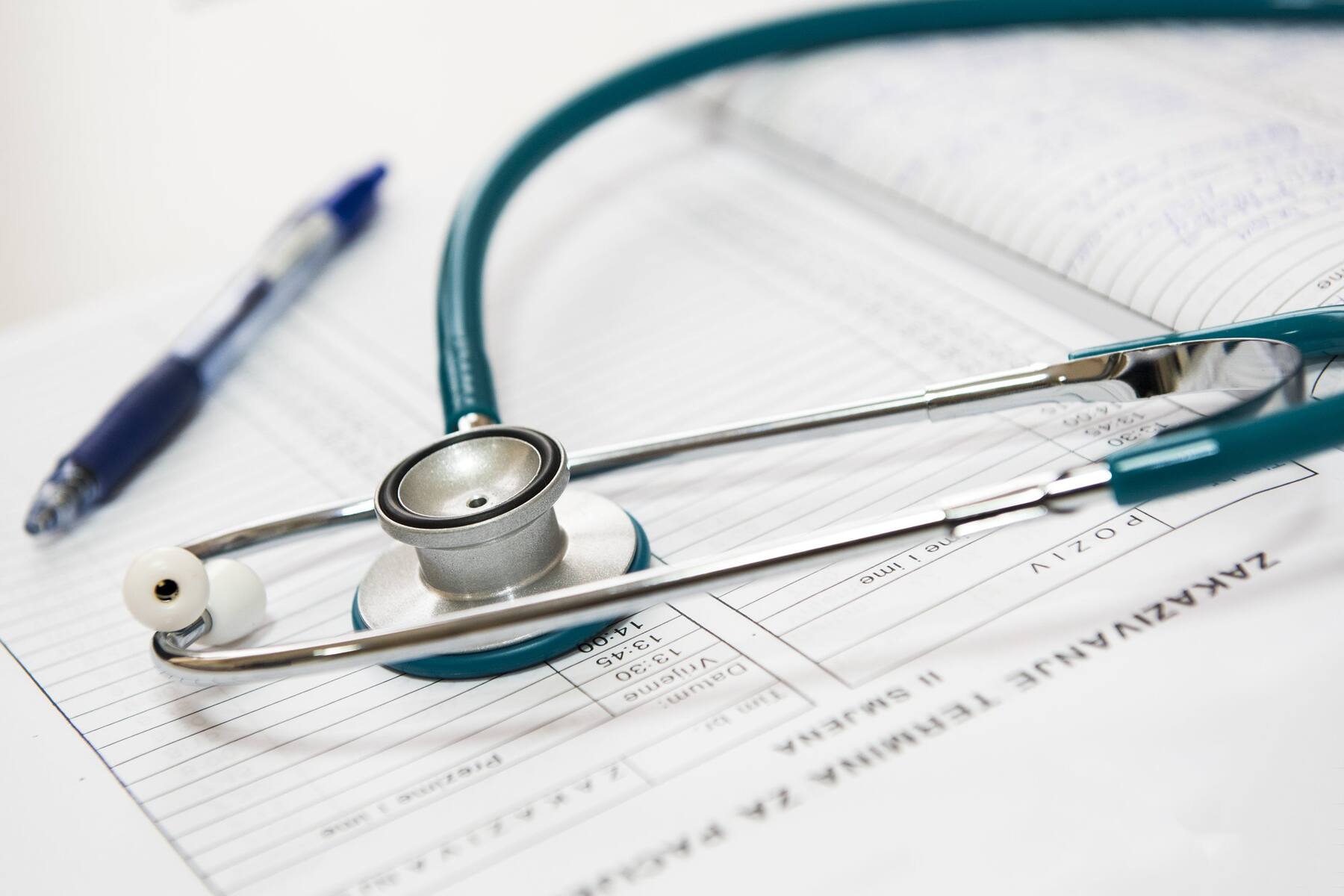Seeking immediate medical attention after a car accident is important for a couple of reasons. Not only do you want to ensure that you start medical treatment as soon as possible, but medical records serve as critical evidence if you need to file a claim. You may wonder, “What do doctors check after a car accident?” Below, our Los Angeles car accident lawyers provide insights to help you understand the medical evaluation and diagnosis process after an accident.
What Do Medical Professionals Check After a Car Accident?
When you go to the doctor after an auto accident, they should conduct a complete medical evaluation to diagnose injuries. You can expect them to check the following:
Current Condition and Circumstances of Your Car Accident
Generally, when you see a doctor, their immediate concern will be your current condition. Why are you seeing the doctor, and what symptoms are you experiencing?
After you tell the doctor you have been in an accident, they may ask specific questions about the circumstances of the accident. Did your airbag deploy? Were you wearing a seat belt? What part of your body had the most impact? This information can help them gauge potential car accident injuries.
Medical History and Lifestyle
Your doctor may also ask you about your medical history and lifestyle. This information can help doctors determine relevant symptoms and better anticipate complications. For example, you should discuss the following:
- Medications. Are you currently taking any medications? Some medicines can affect car accident injury symptoms or the healing process. For example, blood thinners might increase the risk of internal bleeding after an accident.
- Lifestyle. Smoking, alcohol consumption, and exercise can impact your recovery rate and injury assessment.
- Pre-existing conditions. Do you have any pre-existing conditions, such as chronic injuries or illnesses? Certain pre-existing conditions could affect how you respond to specific treatments or how an injury manifests.
- Past injuries. Previous injuries or surgeries may complicate or exacerbate new injuries.
- Allergies. You should tell the doctor if you are allergic to any medications, materials, or substances to avoid adverse reactions during treatment.
Physical Examination
After discussing your situation and medical history, you can expect a physical examination from a medical professional, including the following:
- Visual check. The doctor will look for visible injuries like cuts, bruises, swelling, or apparent fractures.
- Palpation. Palpation is the process of gently pressing on various areas of the body to determine the presence of tenderness, pain, or abnormalities.
- Mobility. The doctor may check your range of motion to identify potential muscle, ligament, or joint injuries.
- Neurological tests. The doctor may perform a series of tests to evaluate your nervous system, including your reflexes and motor responses.
- Cognitive function tests. Simple cognitive function tests can help to determine whether your brain was impacted during the accident.
Diagnostic Tests
Based on the examination, your doctor may recommend further diagnostic tests to reach a diagnosis. Examples of relevant diagnostic tests may include the following:
- X-rays. X-rays are often used to detect broken bones, dislocations, and foreign objects in the body.
- CT scans. A CT scan provides a detailed body view and can spot fractures, internal bleeding, and organ damage.
- MRIs. MRIs, or magnetic resonance imaging, are useful for obtaining detailed images of soft tissue injuries.
What Are Common Car Accident Injuries?
Car accidents can result in a wide range of injuries. Some of the most common car accident injuries include, but are not limited to:
- Whiplash. Whiplash is one of the most common auto accident injuries. It is a soft tissue injury and involves damage to the neck muscles and ligaments due to rapid back-and-forth movement of the neck. Pain and stiffness around the neck may indicate a whiplash injury. It often occurs in rear-end accidents.
- Soft tissue injuries. Soft tissue injuries involve damage to muscles, ligaments, and tendons. These injuries can range from minor sprains and strains to tears. Common symptoms may include pain, swelling, bruising, and stiffness.
- Traumatic brain injuries (TBIs). TBIs can range from mild to severe and may have long-lasting impacts on an individual’s cognition, mood, and physical abilities. Concussions are a common type of traumatic brain injury caused by a blow or jolt to the head, resulting in the brain moving rapidly within the skull.
- Fractures. Fractures often result from sudden, forceful impact, causing the bone to crack or break. Car accident victims may suffer from broken ribs, collarbones, arms, wrists, and legs.
- Spinal cord injuries and back injuries. The force of an auto accident can cause the spinal cord to compress, twist, or hyperextend, leading to injury. A common spinal cord injury is a herniated disc. The force of the crash can cause the discs between the vertebrae to rupture or bulge, leading to pain, numbness, and weakness in the affected area.
- Cuts and abrasions. Glass, metal, and airbags can cause cuts, scrapes, and abrasions during an accident. Some can be minor, while others may require stitches.
- Internal bleeding. The force of a car crash can damage a person’s blood vessels, resulting in internal injuries. Symptoms are often not immediately apparent but may include abdominal pain, dizziness, and deep bruising.
After a car accident, you should seek medical attention as soon as possible, even if you feel fine. Some injuries, like internal injuries and traumatic brain injuries, may not present obvious symptoms but can result in chronic pain or be life-threatening if not treated.
What Are Common Symptoms After a Car Accident?
After car crashes, car accident victims may experience a range of symptoms. Some symptoms manifest immediately, while others may appear days or even weeks after the crash. Examples of potential symptoms may include, but are not limited to, the following:
Request Your Free Consultation
"*" indicates required fields
- Pain or soreness
- Swelling or bruising
- Stiffness
- Numbness or tingling
- Persistent headaches
- Abdominal pain
- Nausea
- Dizziness
- Difficulty sleeping
- Difficulty concentrating
- Changes in mood or behavior
Not everyone will experience the same symptoms or to the same degree. Our Los Angeles car accident attorneys recommend seeking a medical evaluation after an accident, even if you feel fine. Some symptoms may be subtle or delayed but could indicate serious injuries.
Contact Our Los Angeles Car Accident Lawyers About Your Situation
At the Law Offices of Steers & Associates, we help Southern California accident victims fight for and obtain financial compensation for their injuries and damages. If you have suffered injuries in an accident, you may be able to recover compensation for medical expenses, lost wages, and other losses.
Do not wait to discuss your potential legal options with our experienced car accident attorneys. Schedule your free consultation today by calling us at (800) 824-5416 or submitting our online contact form.
 How Much Is Your Settlement Worth?
How Much Is Your Settlement Worth?
Schedule a completely free, no obligation consultation with our team
Schedule Consultation

Allen Vaysberg practices personal injury law and works tirelessly to defeat the tactics of insurance companies and large corporations who try to deny justice and fair compensation to injured people.



